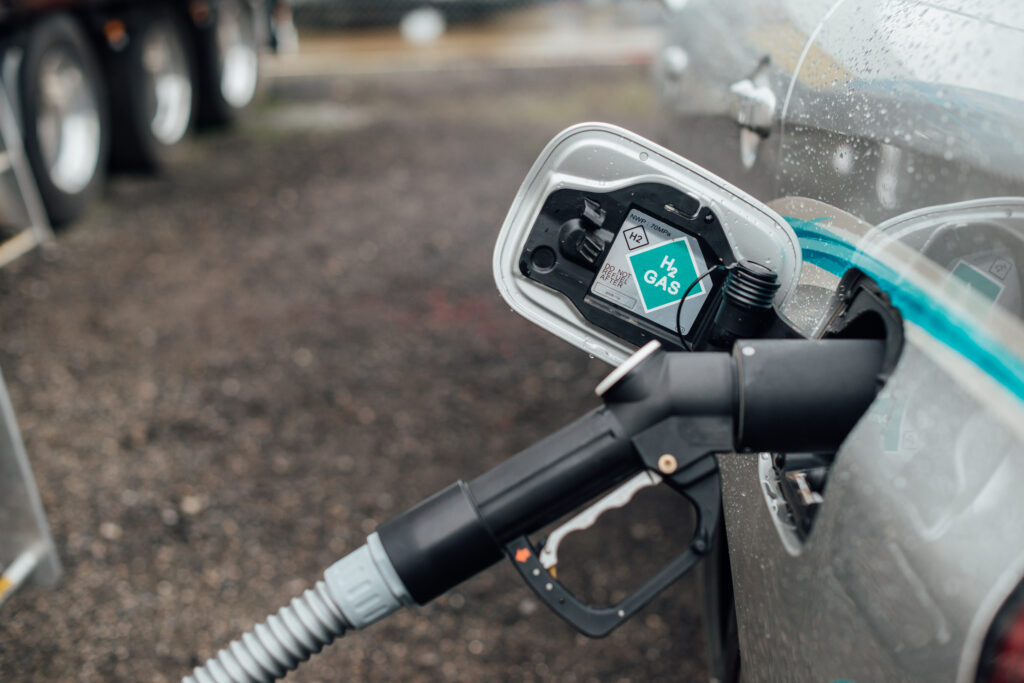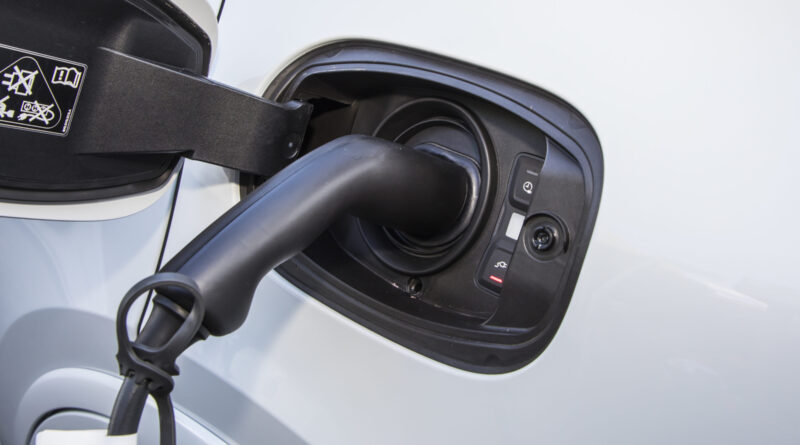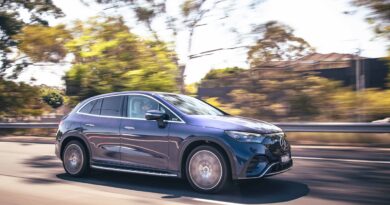How cheap fuel could benefit EVs
Fuel prices change buying habits. Always have and they will for a long time yet.
As prices drop sales of bigger, thirstier cars will often creep up.
Similarly, when fuel prices rise drivers tend to sniff out more fuel efficient options.
Unsurprisingly, that has many within the electric car space wondering what will happen with the current low fuel prices.

Will buyers suddenly abandon those green-tinged dreams to launch into something powered by good ol’ fossil fuel?
The feeling in the industry is that hybrid and electric vehicles may experience a wane in interest – at least in the short term – in part because the cost savings are no longer as stark.
What’s the point in paying tens of thousands of dollars extra when the cost of running an EV may only save you a grand or two a year?
There will, of course, be exceptions.
Tesla has done a great job of positioning itself as a tech brand with big performance, so for many buyers the lack of a fuel tank is more of a bonus than the prime reason for purchase.
And there’s a fair chance the upcoming Porsche Taycan – with its laugh-out-loud acceleration – will also appeal more on sheer performance than the promise of saving a few shekels on premium unleaded.
And, of course, it’s unlikely sub-dollar-a-litre fuel will last long. Most are expecting the price of fuel to rise as soon as the oil companies can sort out the supply/demand balance.
Longer term, cheap fuel prices could even be a trigger for growth in the EV industry.
Blame it on egos and energy independence.
America ain’t happy about what’s going on in the land of Big Oil.
And the United States has for years being working towards better control over its energy.
Other countries would also prefer to be in charge of their energy supplies – and how much they pay for fuel – rather than be beholden to the big oil producing countries.

Australia is starting to ramp up investment in hydrogen as part of the National Hydrogen Strategy, where the government plans to leverage our vast water and sun resources to become a “major player by 2030” within the global hydrogen industry.
So, sure, Australia may be way behind many developed nations in how it welcomes EVs. But imagine what a gamechanger extensive local hydrogen production and the promise of cheaper energy could have on the future of electric vehicles?




